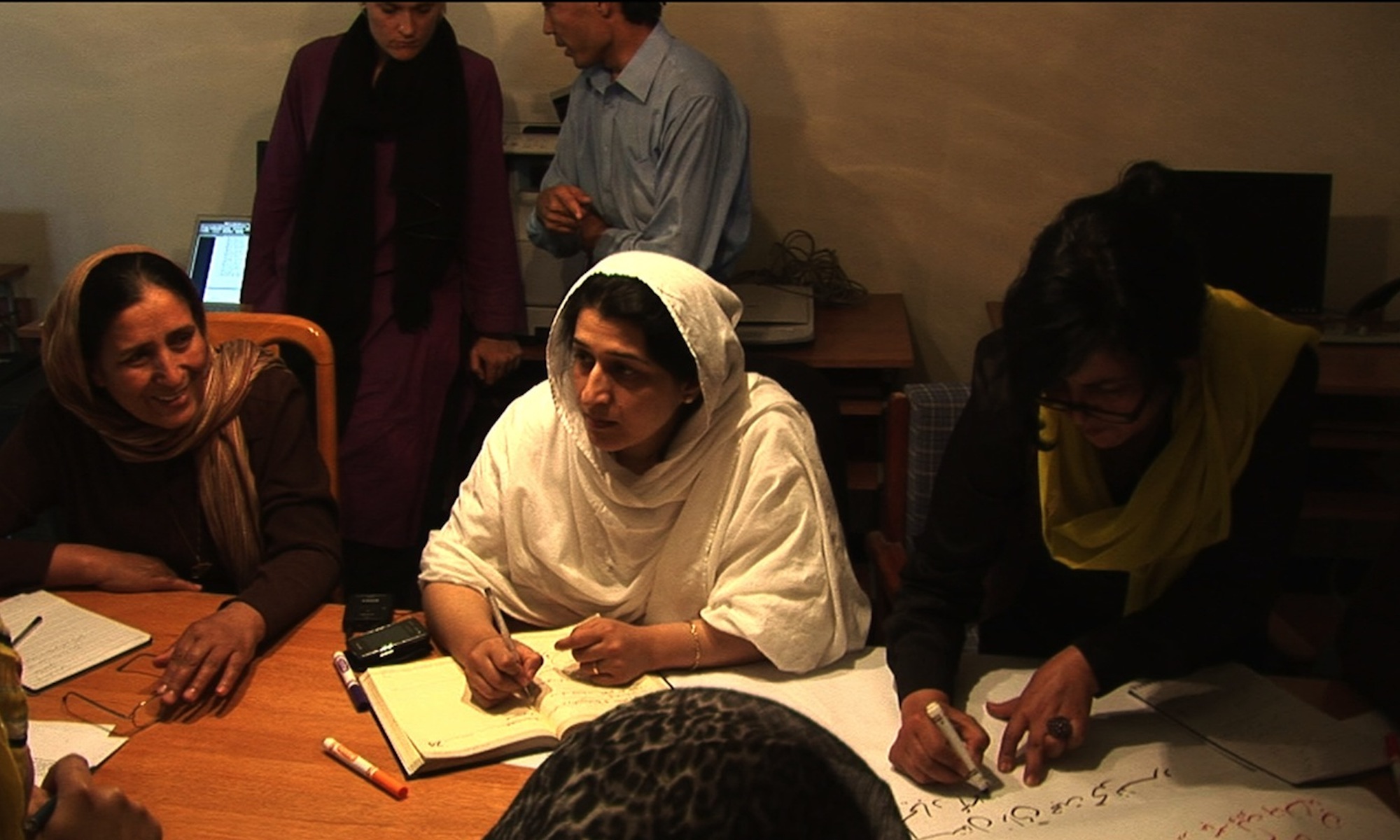This article critically examines the notion that wealth sharing in the aftermath of internal armed conflicts can bring about long-lasting peace. While wealth sharing is increasingly considered a crucial element of peacebuilding, the evidence concerning its success is inconclusive. Previous studies unfortunately suffer from weak theoretical and empirical definitions of wealth sharing and from examining only a subset of postconflict societies. This article improves the research by disaggregating the concept of wealth sharing to concrete policy relevant natural resource management tools and by introducing new and better data on wealth sharing and including more postconflict peace periods than previous studies. This article examines the relationships between armed conflict, wealth sharing and peace by studying two independent but interlinked research questions: In which postconflict societies is wealth sharing most likely to be adopted? And can wealth sharing bring stable peace in postconflict societies? The analyses show that wealth sharing is more likely to be implemented after natural resource conflicts. Nonetheless, the article does not find that wealth sharing is successful in bringing postconflict peace after these conflicts. Reasons for this can be that (1) other factors than wealth sharing explain the outcome better, and (2) the wealth sharing policies are poorly designed and implemented. The article concludes that wealth sharing can only be a suitable path for societies recovering from armed conflict if such policies are carefully designed to fit the specific context and take into account the challenges that will arrive.

INSCT Postconflict Research Database
The Institute for National Security and Counterterrorism's Postconflict Research Database & Analysis Project stores cross-indexed bibliographic information on hundreds of journal articles, books, book chapters, and case reports that address the broad, interdisciplinary fields of postconflict reconstruction, stabilization, and peacebuilding.